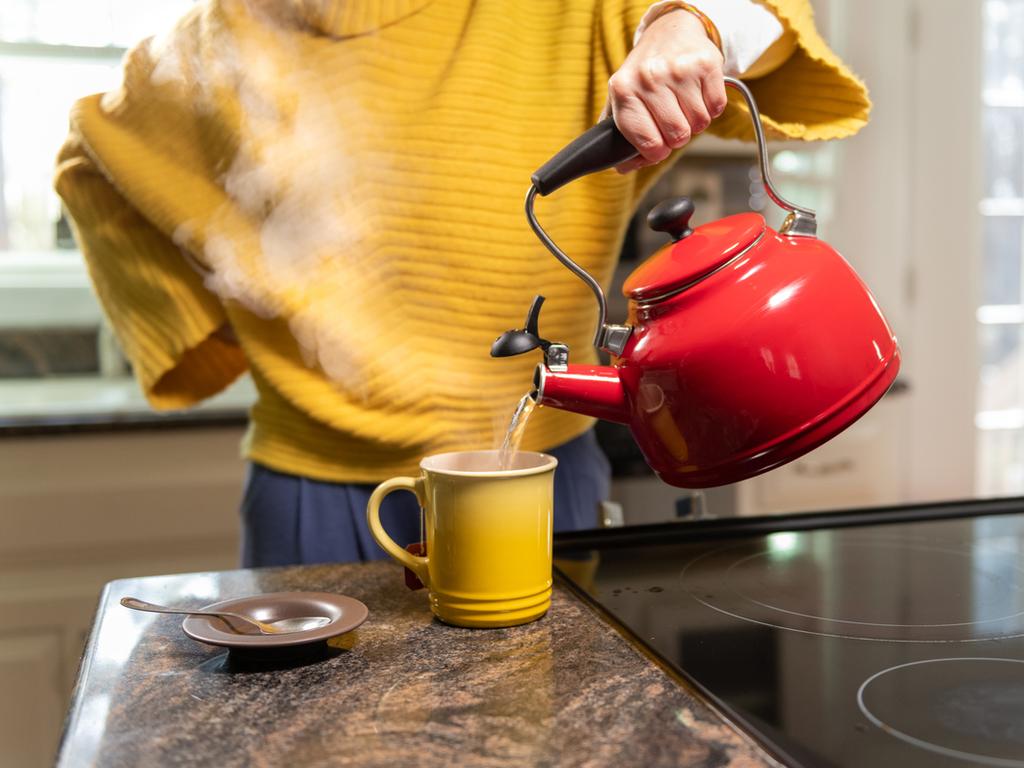Is there a certain etiquette for shared newspapers?
I choose my café carefully for its newsprint, of all persuasions and parishes, because I like to know what the other side thinks.

It is the communion now of choice on the weekend – and it happens among strangers, beyond family and friends. It is the passing from hand to hand not of peace-be-with-yous or wafers but of newspapers. Gleefully. I choose my café carefully for its newsprint, of all persuasions and parishes, because I like to know what the other side thinks. I enjoy going against the grain in my own particular parish, it’s filled with risk and loneliness but also great joy – a kind of wicked delight – for I love reading contrary opinion to gauge the breadth of life. So many perspectives to be devoured, and I dread the day my favoured café stops stocking its clashing newspapers. Its juicy little side table has always lured me. It’s a tipping of the hat to the customer; a civility, a generosity, a service.
The great disappointment: if the pages are filched to flimsiness and not much beyond the racing guide remains, or if someone is hogging the last of the meaty bits, or if the rich dessert of the mag has been nicked. This very column is inspired by Julie, a reader from Perth, who’s requested a piece on café newspaper etiquette. She’s a connoisseur like me and wrote, most delightfully, “Each morning an elderly couple take one newspaper each, sit opposite each other then read their respective copies. They sit for an hour or so and don’t engage with anyone else. Then there’s the woman who puts her bag on the paper while talking to her friend (she doesn’t read the paper until later when she finally draws breath). Another chap eats his bowl of sloppy porridge with berry compote over his copy so the next reader sees what he’s had for breakfast. Most people aren’t this selfish but sometimes I wonder if providing something free like a newspaper brings out the worst in people.”
The tension, the frustration in those vivid words, as the watcher salivates for their go. But the rituals around café newspapers are a joy, too, at least in these parts. Papers neatly returned to the central stack, mag inserts thoughtfully placed on top (thank you). The selection is often well filleted by the time I land with them, but that’s alright; I can usually find something to read. And the pleasure of a country newspaper, with all its local wonder; my favourite bit, the classifieds which speak of other worlds, other existences.
But I write this column as my industry is under siege, and rapidly changing. A beloved newspaper tonic of London afternoons is on the cusp of disappearance – the lively, gossipy, fast-reacting Evening Standard is to vanish soon in daily print form and it feels like the tolling of the bell for many. “I’m glad we haven’t got newspapers now. It’s been much nicer without them,” Nevil Shute wrote in On the Beach. But imagine the silence without them. The dangerous silence, of a democracy not at work.
Lyricist Tim Rice told a newspaper recently, “I plan to sort out my books and record collection, which I’ve been trying to do since about 1959 and, of course, never really do because then the newspapers arrive and my determination to do something constructive is wiped out by the fact it takes so long to read them.” Ah, the deliciousness of the weekend paper feast and long may it last. As Alain de Botton once wrote, “We read the weird tales in newspapers to crowd out the even weirder stuff inside us.”
All our todays in those pages on the café tables, and all our tomorrows ahead of us; hopefully for a long time to come. It’s my only Ritual of Alone on weekends usually crammed with family life; but oh, the vast exhalation of that stolen café moment, in expansive solitude with the newspapers and all the jostling opinions telling me how others think. Then it’s a deep breath, and back once again to the child that needs picking up.







To join the conversation, please log in. Don't have an account? Register
Join the conversation, you are commenting as Logout